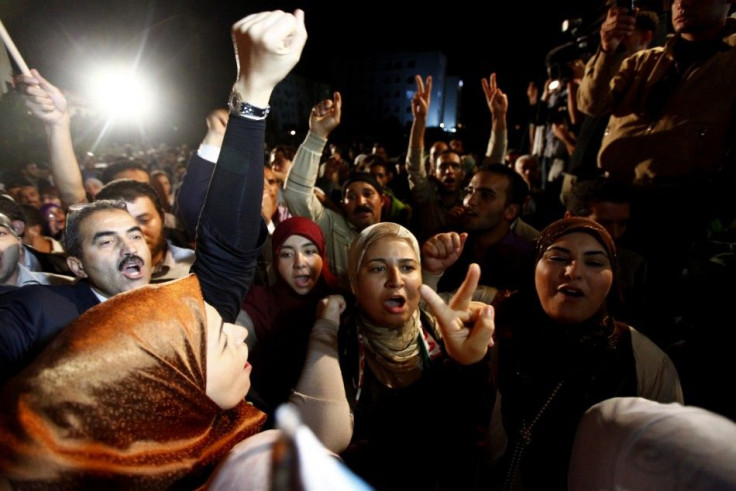Tunisia Elections Instigate Violent Protest in Sidi Bouzid

Tunisia's first democratic elections were marred by violent protests in the city of Sidi Bouzid on Thursday night and into Friday.
With over 90 percent voter turnout, the Islamist party Ennahda won 41 percent of the votes and claimed 90 seats in the 217-member assembly charged with drafting a new constitution and appointing a president.
About 2,000 people marched to Ennahda party headquarters in Sidi Bouzid, where they threw stones through windows and set tires on fire in the street. Many were angry that opposition party Popular Petition was barred from the elections due to campaign violations.
Sidi Bouzid was the hometown of Mohamed Bouazizi, the street vendor whose self-immolation sparked the Tunisian revolt in December, which in turn inspired the Arab Spring protests across the region.
Ennahda calls on Tunisians to pull together, for dialogue and the rejection of violence ... Sidi Bouzid will be given priority in our program of development, party leader Rachid Ghannouchi said, according to Reuters.
There is also speculation that former Tunisian leader Zine El Abidine Ben Ali, who is currently living in self-imposed exile in Saudi Arabia, is getting loyalists to stage protests in order to destabilize the country.
After the elections, left-wing parties Congress for the Republic and al-Takatol took the second and third most seats respectively. Popular Petition came in fourth, despite the disqualification.
Ennahda, run by Rachid Ghannouchi, ran on a platform of freedom, justice and development. The Islamist party was formally the Renaissance Party and is considered to be a centrist political group and has vocally supported equal rights for men and women.
Additionally, the party has stated that is does not want Tunisia to be ruled under Sharia law. Nonetheless, the party is religious-based.
What would an Islamic government mean for a post-revolution Tunisia?
The success of Ennahda is indicative of a wider ideational trend that has engulfed the Arab-Islamic world for quite some time now: the shift from ideological Islam to civic Islam (al-Islam al-madaniya) or what I have called a 'post-modernized Islam' elsewhere, University of London's Arshin Adib-Moghaddam writes.
What is slowly being engineered is an Islam that is geared to cultural emancipation, rather than ideological indoctrination. Post-modern Islam is politically secular and operates in a distinctly pragmatist mode.
© Copyright IBTimes 2024. All rights reserved.





















